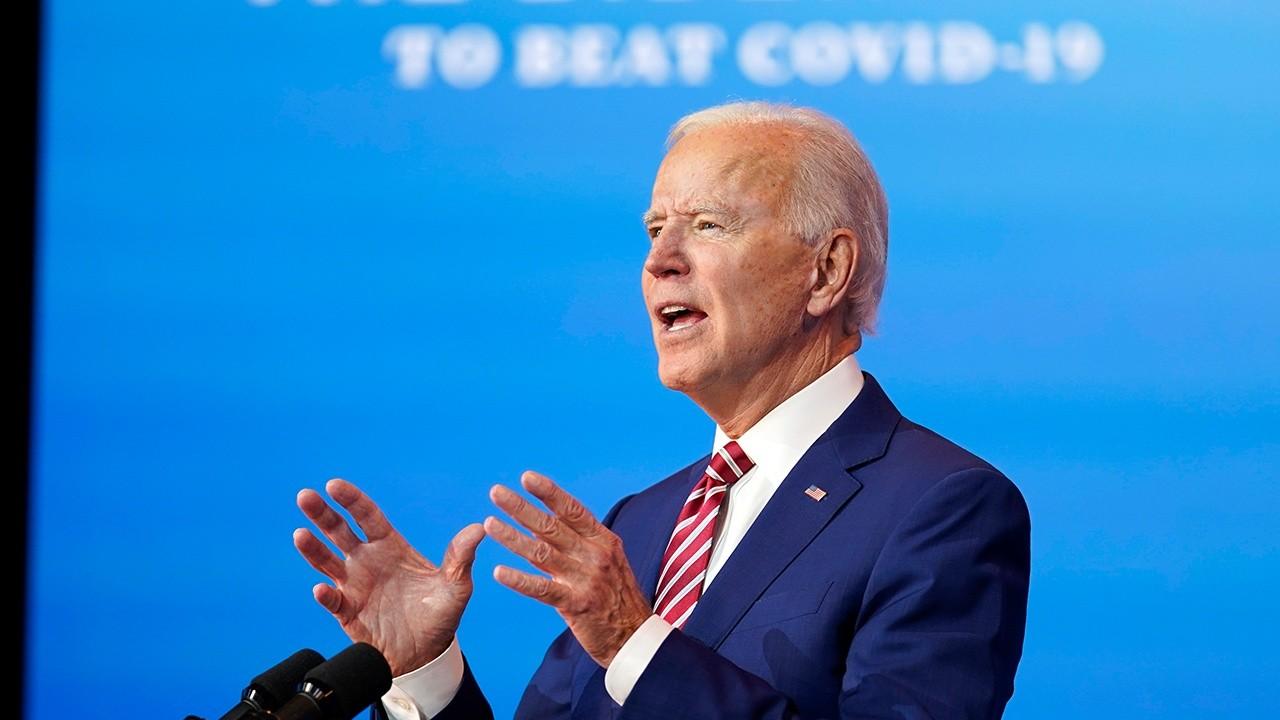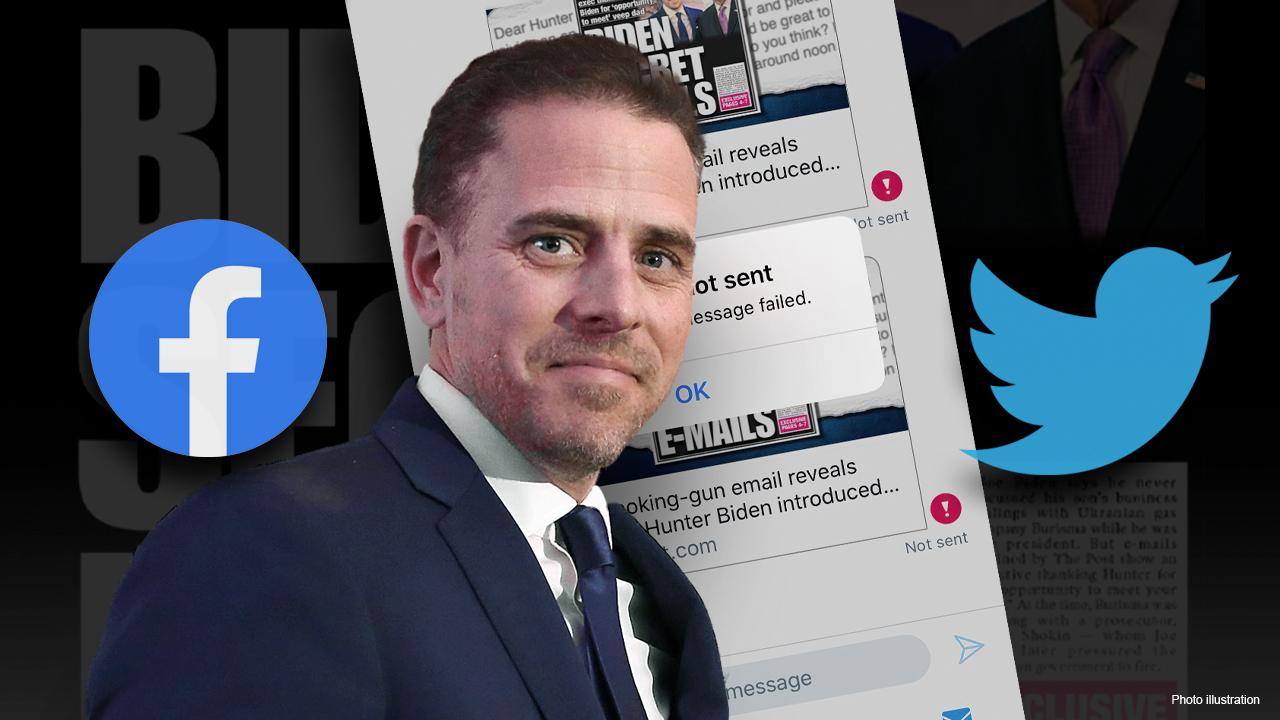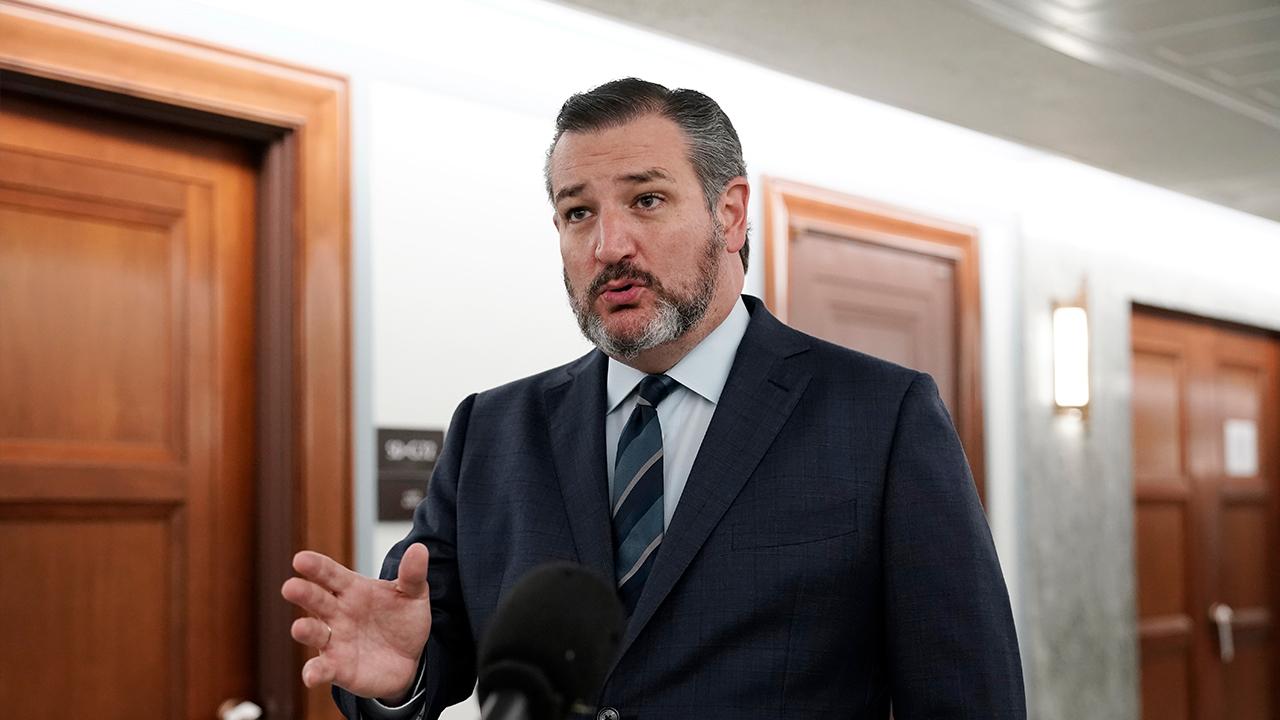How Hunter Biden may rein in Big Tech
An ex-business partner of Hunter Biden recently came forward to allege that former Vice President Joe Biden knew about and was part of his son’s discussions to invest in a company controlled by the Chinese government.
While the jury’s still out on whether this news will meaningfully impact the November election, it’s become clear that it will help the American people in at least one crucial way — reining in the nation’s unaccountable Big Tech giants.
Following the release of the New York Post story about Hunter Biden’s business relationship with Russia and China, the social media giants went into full censorship mode. Twitter blocked distribution of the article and Facebook throttled back the number of people who could see it. Their actions rightfully sent many members of Congress into a frenzy.
Senate Judiciary Committee Chairman Lindsey Graham, R-S.C., announced he would subpoena Twitter’s CEO Jack Dorsey and Facebook’s Mark Zuckerberg to explain their Soviet-style behavior. Sen. Roger Wicker, R- Miss., had already summoned Google’s Sundar Pichai, Facebook’s Mark Zuckerberg, and Twitter’s Jack Dorsey to testify before Congress again on October 28.
SENATE JUDICIARY COMMITTEE VOTES TO SUBPOENA TWITTER'S DORSEY, FACEBOOK'S ZUCKERBERG
Let the fireworks begin. Their new testimonies will seemingly contradict previous statements where the tech barons told Congress they do not discriminate based on political viewpoints. Encouragingly, it appears that information-gathering is no longer the predominant reason for demanding the tech CEOs’ testimony, as it was this summer. The upcoming hearings’ press releases show Congress’ focus has shifted away from examining “what exactly has Big Tech done?” and towards discussing “how and what can we do about it legislatively?”
As such, these hearings can mark a pivotal day of reckoning moment for Big Tech — but their impact and effectiveness will ultimately boil down to what potential remedies Congress reviews and considers. Already on its agenda, and rightfully so, is exploring all avenues to reform Section 230 of the Communications Decency Act. Thanks to cable TV, this provision, which effectively serves as a legal loophole for Big Tech, is slowly but surely becoming a household name.
BIG TECH MOVING INTO MANHATTAN DESPITE CORONAVIRUS FEARS By defining the tech giants as platforms rather than publishers, Section 230 allows them to avoid the standard accountability measures that news organizations face. If the social media companies served exclusively as forms for users to post content, their difference in treatment may make sense. However, the recent Post scandal has demonstrated how these tech giants have transformed from mere facilitators of the public form to full-blown content moderators. They are laser-focused on controlling what the American people can (and can’t) see and need to be held accountable in the same way that your local paper or TV station does.
While repealing Big Tech’s special interest protections is essential, the legislative branch must also consider passing bills and directives that set explicit rules for these monopolies to follow.
AMAZON, APPLE, GOOGLE, FACEBOOK FIGHT DEMOCRATIC CAMPAIGN TO BREAK UP BIG TECH We can no longer afford to take the behemoths at their word. Congress cannot credibly demand change without codifying what requires reform into law.
Congress should immediately press the Department of Justice and the Federal Trade Commission to explore the feasibility of using consent decrees to reign in the Big Tech monopolies. This form of antitrust agreement is frequently signed between the government and monopolies to solve problems relating to predatory behavior. They work by formally making bad behavior illicit and attaching legal or financial penalties to them.
AMAZON PRIME DAY IS CASH HAUL FOR BEZOS BACKED E-COMMERCE GIANT
One of the best-known examples is in the music industry, where the government made it illegal for ASCAP and BMI — two monopolies that control 90-percent of the copyright marketplace — to price-gouge consumers. For nearly 70 years, these antitrust measures have preserved the ease, accessibility, and affordability of music for the American people. When behemoths drift back towards their monopolistic ways, consent decrees — like a shock collar — remind them of their place. In the case of the music example, ASCAP in 2016 had to pay a hefty settlement fine to the government for appearing to violate the terms. The monopoly then quickly reversed course and began treating consumers and small businesses how the law demands. The decrees have worked so well that many have asked Attorney General William Barr and the Antitrust Division to keep them unchanged during their review process. When dealing with Big Tech, Congress should learn from this case study and other ones like it.
GET FOX BUSINESS ON THE GO BY CLICKING HERE
Consent decrees can add legal teeth to just about any operational concern that Congress may have with Big Tech. Most crucial for this case would be directing the DOJ or FTC to mandate that the social media giant refrain from censoring free thought or else face punishments. Time will tell if the recent Hunter Biden bombshell leads to any significant legal or political implications. Still, it has turbocharged Congress’ Big Tech reform discussion in a big way, and that’s a crucial shake-up of the status quo in and of itself. But to use this moment to secure maximum, effective change for the American people, our representatives must consider the right legislative remedies. Congress is already fired up. Now, it just needs to get prepared. Richard Manning is the president of Americans for Limited Government. Follow Americans for Limited Government on Twitter @LimitGovt, find them on Facebook and visit their website.
CLICK HERE TO READ MORE ON FOX BUSINESS























